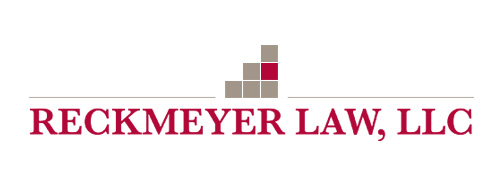 Family owned businesses may thrive over multiple generations. To have lasting success, the family owned business needs to transition ownership from generation to generation.
Family owned businesses may thrive over multiple generations. To have lasting success, the family owned business needs to transition ownership from generation to generation.
To preserve family harmony and maintain a healthy business, it may be best to transition ownership to family members that are active participants in the business, while allowing non-active family members an opportunity to “cash out” and direct their funds elsewhere as desired by their preferences.
Individuals are very fortunate to have an opportunity to work at a family business. Even with such a great opportunity, many persons choose not to work at the family business. At some point in time, the active participants in the business should be rewarded with greater ownership and control, while the non-active participants may be bought out of any ownership stake they have so that their fortunes rest outside the family business. The active and non-active family members all have reasons to favor this outcome.
Active vs. Non-active Family Members
Active participants who show their worth, will want increasing control and an increased stake in the business. Active participants will not want to feel that their hard work benefits the non-active participants as much as themselves — the “free-rider” issue. Allowing the active participants to be the beneficiaries of continued or accelerated success of a business is important so that the fortunes of individuals are in-line with their efforts.
Non-active members may desire to cash-out their ownership interest. For a non-active family member, tying up personal wealth in a company over which they have no control or day to day impact may not be desirable. From a wealth management perspective it may not be prudent to hold an illiquid asset over which they have little or no control.
If the company is likely to become publicly traded or if a company pays dividends, it may be a situation in which the non-active members prefer to retain ownership. If there is no likelihood of liquidity or income from shares of a closely held corporation, non-active shareholders often prefer to cash-out and place their equity in investment alternatives more closely aligned with their personal effort and life choices.
Ensuring Long Lasting Success
Generation to generation the issue of an increasing number of non-active relatives retaining ownership becomes a bigger concern as the relatives become more distant and the number of non-active shareholders increases. Non-active owners of a family business may be focused more on their personal situation than the long term success of the business. Taking steps to retain ownership within the active participants of the business keeps the ownership and operational elements of the business — and hopefully the family — in harmony.
If you have more questions on family owned businesses request a consultation today.
